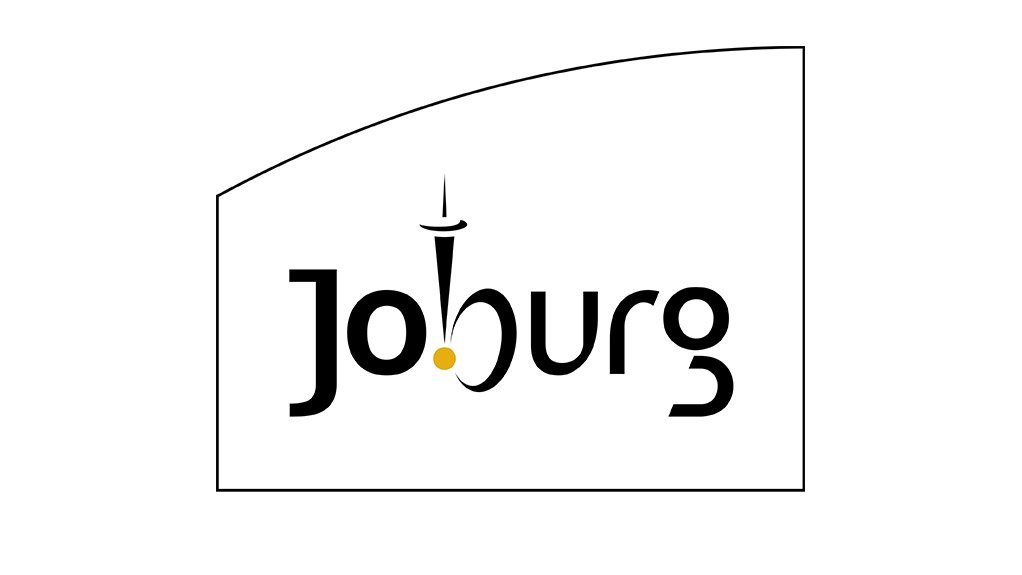/ MEDIA STATEMENT / The content on this page is not written by Polity.org.za, but is supplied by third parties. This content does not constitute news reporting by Polity.org.za.
On Thursday, 07 October 2021, a statement advising on the approval of the Soweto Strategic Area Framework (SAF) by the City of Joburg Council was inaccurate.
This seeks to clarify that the approval granted was for the institutionalisation of leadership structures for the Soweto SAF; the Area Coordinating Team (ACT) and Community Reference Groups (CRG), respectively.
In addition to the institutionalisation, the Department sought formal approval from the City, in order to identify City officials that will sit on the ACT leadership structure.
These two structures will work together to implement the projects and programmes identified in the Soweto SAF once it has been finalised.
The formulation of the Soweto SAF is currently being carried out through extensive engagements and workshops with members of the community; to allow them the platform to voice their expectations and for them to present community-owned solutions to issues that affect the spatial vision that they have for their area.
The Soweto SAF is a pioneering project initiated through the Global Futures Cities Programme that is run and funded by the UK Government’s Prosperity Fund.
Aimed at supporting a range of strategic interventions in 19 cities across 10 countries, the programme seeks to address key barriers to prosperity that focus on urban planning; transportation; and resilience with big data and project finance, as cross cutting themes.
Selected as one of the priority intervention locations in the 2016 Spatial Development Framework (SDF), the South-Western Township (Soweto) is widely recognised for its great potential to grow into a true City district that can function independently, and further provide its residents with integrate human settlement where they can live, work and play.
Member of the Mayoral Committee (MMC) for Development Planning, Cllr Thapelo Amad said the approval of the structures was a milestone achievement for the project.
“The formalisation of the structures will ensure sustainability and continuity for the Soweto SAF, which has not been done in any of the previous spatial plans before now. This will go a long way in empowering the residents of Soweto, who have been marginalised for decades through apartheid spatial planning,” explained MMC Amad.
Soweto was identified in the 2020 Nodal Review as a Metropolitan Node, with a high mix of land uses characterised by parameters that allow for an intense urban fabric.
This approval came days after the launch of Soweto Construction Infrastructure and Property Chamber, which will allow locals to collaborate with big firms and develop ties, particularly while building and construction is taking place within their areas.
Albeit the granted permissions, there are many constraints hindering economic development in Soweto, including those relating to spatial inefficiency; mismatches between where poor people live and where economic opportunities exist; insufficient capacity for innovative and socially-rooted urban planning, and evidence-based decision-making and financing.
“Communities in Soweto are still living in unacceptable circumstances that do not enable them to thrive; in conditions that lock them in a perpetual cycle of poverty and spatial injustice,” added MMC Amad.
Issued by The City of Johannesburg
EMAIL THIS ARTICLE SAVE THIS ARTICLE ARTICLE ENQUIRY
To subscribe email subscriptions@creamermedia.co.za or click here
To advertise email advertising@creamermedia.co.za or click here











